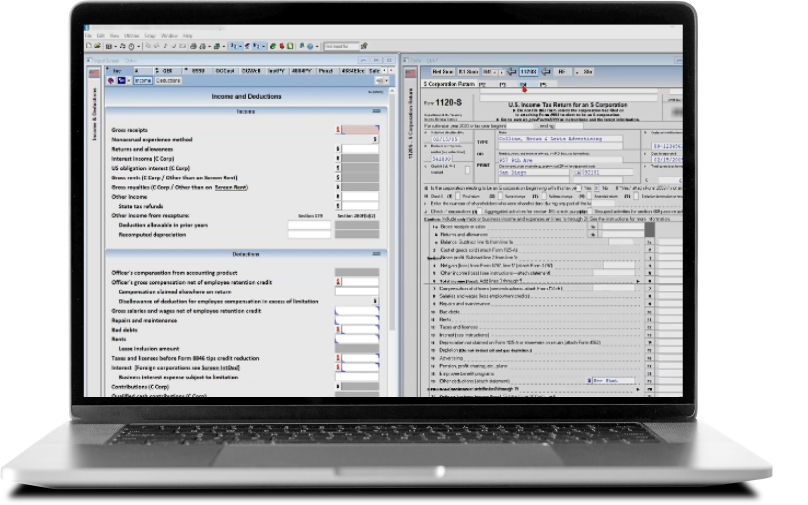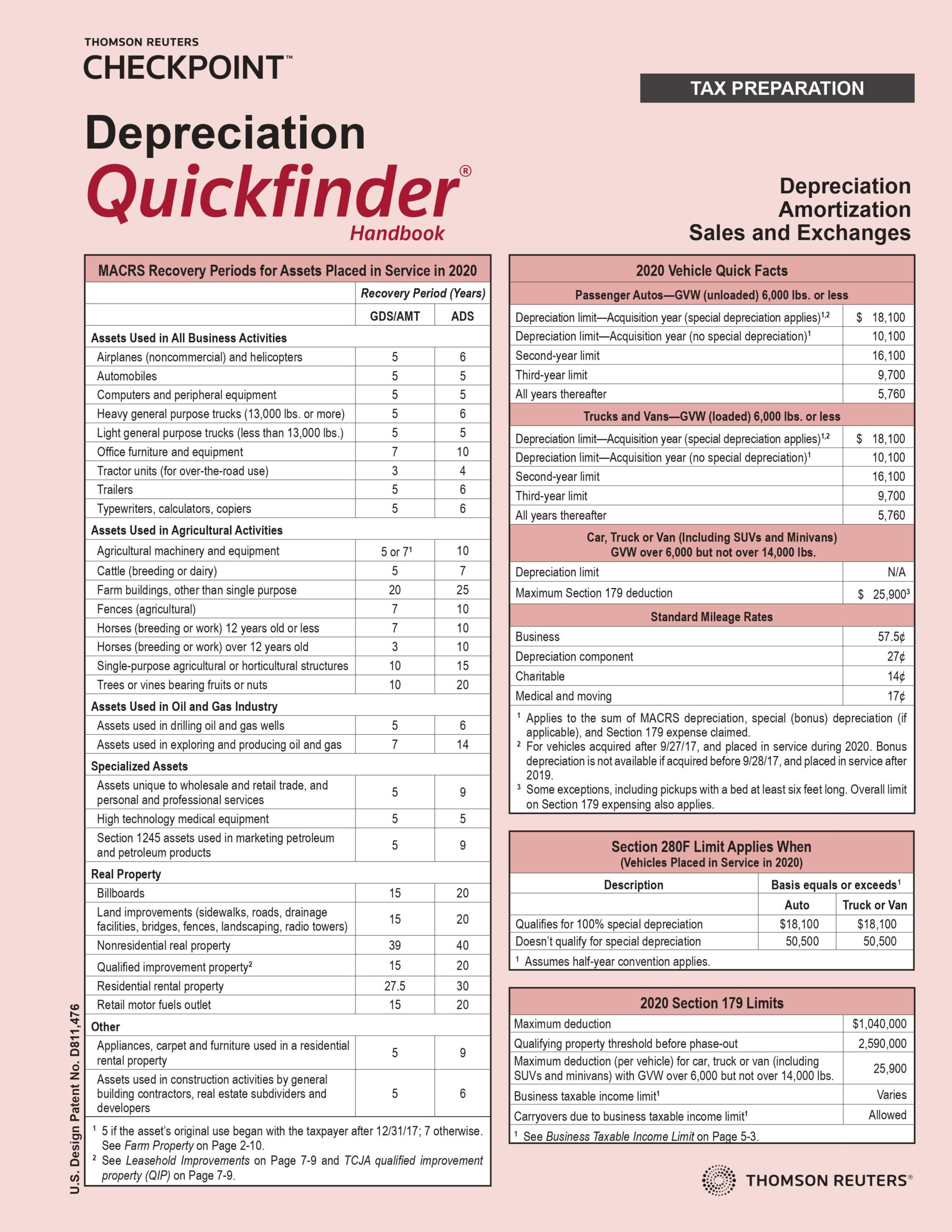How to handle conversations with business clients about rental property.
Owning rental property can be an attractive real estate investment for many given the ability to collect rent and profit from the future, long-term sale of the property. There are also tax benefits to be gained.
Given such benefits, many people own rental property. Most likely, some of your clients are among them. In fact, IRS data revealed that roughly 10.6 million American tax filers declared rental income in 2019.
As a tax professional, your clients depend on your expertise to help them navigate the tax-related complexities to ensure compliance and minimize their tax obligations. This includes better understanding rental property tax depreciation.
Jump to ↓
| What is tax depreciation on rental property? |
| What are the depreciation systems? |
| How is depreciation taxed on the sale of rental property? |
| How do you avoid depreciation recapture tax on rental property? |
| Managing rental property depreciation with software |
What is tax depreciation on rental property?
Tax depreciation on rental property enables the property owner to recoup some of the cost of income-producing property through yearly tax deductions. This is done by depreciating the property or, in other words, deducting some of the cost each year on a taxpayer’s tax return.
This can prove to be a significant benefit to your client as it can reduce their tax liability and help them save money each year on taxes.
Depreciation begins when the rental property is put into service to produce income. Depreciation stops either when the client has fully recovered their cost or other basis, or when the property is no longer being used to generate income — whichever happens first.
As outlined by the IRS, the following requirements must be met to depreciate rental property:
- The client must own the property.
- The client must use the property in their business or income-producing activity (such as rental property).
- The property has a determinable useful life, which means that it will naturally decay or wear down over time.
- The property is expected to last more than one year.
It is important to note that some property, such as land and certain excepted property, cannot be depreciated.
To further explain rental property tax depreciation, consider the following example:
Your client buys an investment duplex for $400,000. You can calculate the depreciation by deducting the value of the land and dividing the remainder by 27.5 years to reach a figure for annual depreciation. Let’s assume the value of the land is $100,000. In this case, the calculation would be:
- $400,000 (purchase price) – $100,000 (land value) = $300,000 (building value)
- $300,000 (building value) / 27.5 (years) = $10,909 a year in depreciation. In other words, the client could reduce their taxable rental income by $10,909 annually.
What are the depreciation systems?
In general, investment property placed into service after 1986 is depreciated using the MACRS depreciation system.
MACRS consists of two systems that determine how to depreciate property — the General Depreciation System (GDS) and the Alternative Depreciation System (ADS). The GDS system must be used, unless it is specifically required by law to use ADS or if ADS is elected to be used. If ADS is elected to be used, it can never be revoked.
Therefore, another step involves determining which of the two MACRS systems to apply — GDS or ADS. But again, in most cases the GDS system will be used.
Under GDS, residential rental property (buildings or structures) and structural components (such as furnaces, water pipes, venting, etc.) are depreciated over 27.5 years.
How is depreciation taxed on the sale of rental property?
There may come a time when your client decides to sell their rental property. When that situation occurs, the IRS will look to recoup some of those depreciation deductions.
When selling rental property, clients will face a capital gains tax (the rate depends on their taxable income and filing status), and a depreciation recapture tax rate that is capped at 25%. Clients with a higher income may also be subject to net investment income tax (NIIT).
Let’s take a closer look at depreciation recapture. This is a tax that the IRS collects to “recapture” what it considers to be lost taxable income, assuming the property has been sold at a profit. After selling the property, this extra income will be taxed on the following year’s tax return.
Consider the following example:
Ten years ago, your client bought a rental property for $200,000. Over those 10 years, the client has written off roughly $54,540 in depreciation deductions. The adjusted cost basis in this property after the 10 years is $95,460 (the original cost basis of $150,000 minus $54,540). If the client sells the property for $280,000, they will recognize a gain of $184,540 ($280,000 minus $95,460).
The client will then pay up to 25% on the portion that is tied to depreciation deductions. So, this would be 25% of $54,540, or $13,635.
The remaining $130,000 is hit with a capital gains tax. And, if the client has a higher income, they may also owe NIIT.
|
|
How do you avoid depreciation recapture tax on rental property?
There is a way to avoid depreciation recapture tax. If your client sells the rental property and wants to reinvest the proceeds from the sale into another investment real estate that is of equal or greater value, they may be able to take advantage of a 1031 exchange.
This strategy would enable the client to defer paying taxes (i.e., depreciation recapture, capital gains, state taxes, and, if applicable, NIIT) when they sell their rental property.
Managing rental property depreciation with software
Efficiently managing rental property depreciation means having the right technology solutions in place.
Leveraging comprehensive depreciation software such as Thomson Reuters Fixed Assets CS enables practitioners to work smarter and faster with unlimited depreciation treatments, automatic federal and state depreciation calculations, customized reporting, and more.
Turn to Thomson Reuters to get expert guidance on tax depreciation and other cost recovery issues to help your firm better serve clients with rental properties.

Depreciation accounting software
Fixed Assets CS calculates an unlimited number of treatments — with access to any depreciation rules a professional might need for accurate depreciation.
Learn more ↗
UltraTax CS
Professional tax preparation software to reduce your workflow time and increase your productivity
Learn more ↗






